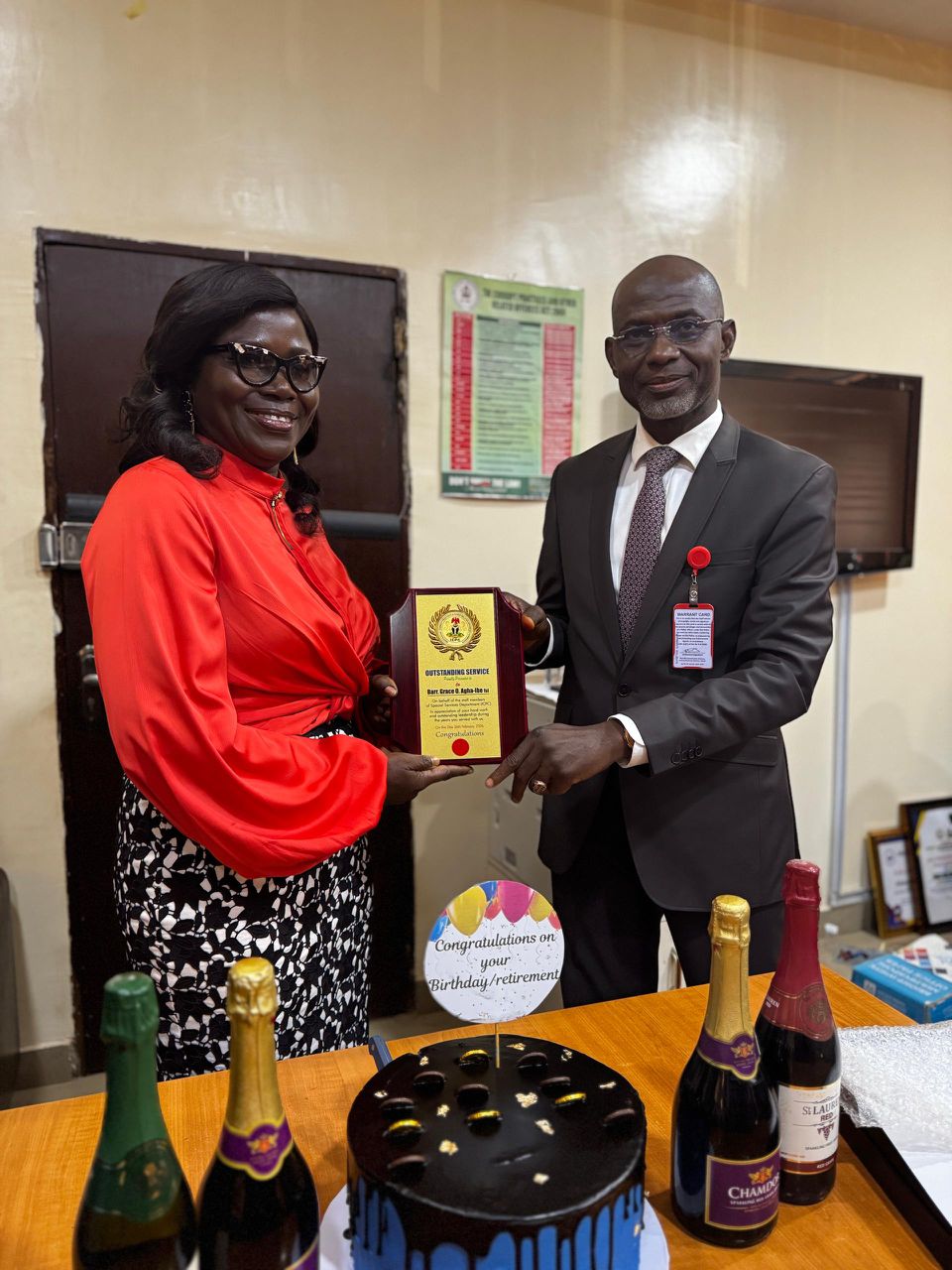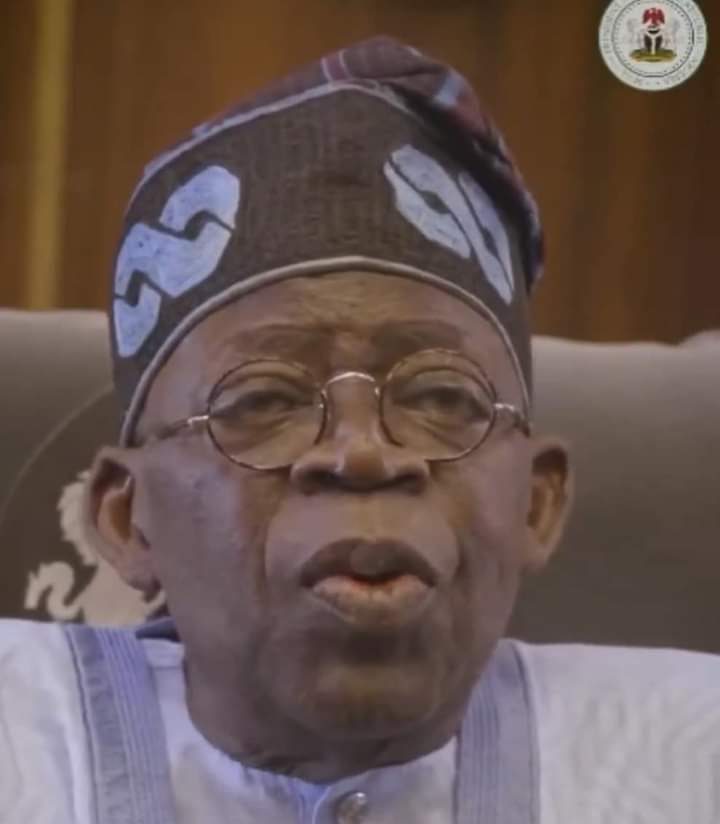
Fuel Scarcity Looms As Nigerian Tanker Drivers Stop Lifting Petrol
The Nigerian Association of Road Transport Owners has threatened to stop lifting petroleum products nationwide from Monday due to the high cost of operations.
This was disclosed in a press statement issued by NARTO’s President, Yusuf Othman, dated February 15, 2024.
The statement said NARTO had repeatedly complained about the high cost of diesel required to power their trucks for the transportation of petroleum products to the retailing points across the country and sought the assistance of relevant authorities but no positive response from them.
The statement said: “Fraternal greetings from the leadership and members of the Nigerian Association of Road Transport Owners to the leadership and members of your great Union.
“We are deeply constrained to seek the support and understanding of your Union and members towards the excruciating challenges petroleum trucks owners are facing with the high operational costs in the industry.
“As you are already aware of several efforts we have made to secure negotiations for appropriate and commensurate Freight rates for our operations from all conceivable authorities concerned in the Industry, most especially the Major Energy Marketers Association of Nigeria but which have received no positive responses from them, we have no other options but write to inform you that the NARTO National Executive Council (NEC) has resolved to direct all our members not to make their Petroleum Trucks available for Petroleum Products loading activities with effect from Monday, 19th day of February 2024.
“In the light of this directive, we implore all our employees (Petroleum Truck Drivers), who are your members to show maximum cooperation, support and understanding to our collective efforts for continued sustainability of the Petroleum Haulage business and effective service delivery by ensuring adequate and immediate compliance.
“There is definitely no way we can continue in this business within the context of the current economic situation in the country.”





